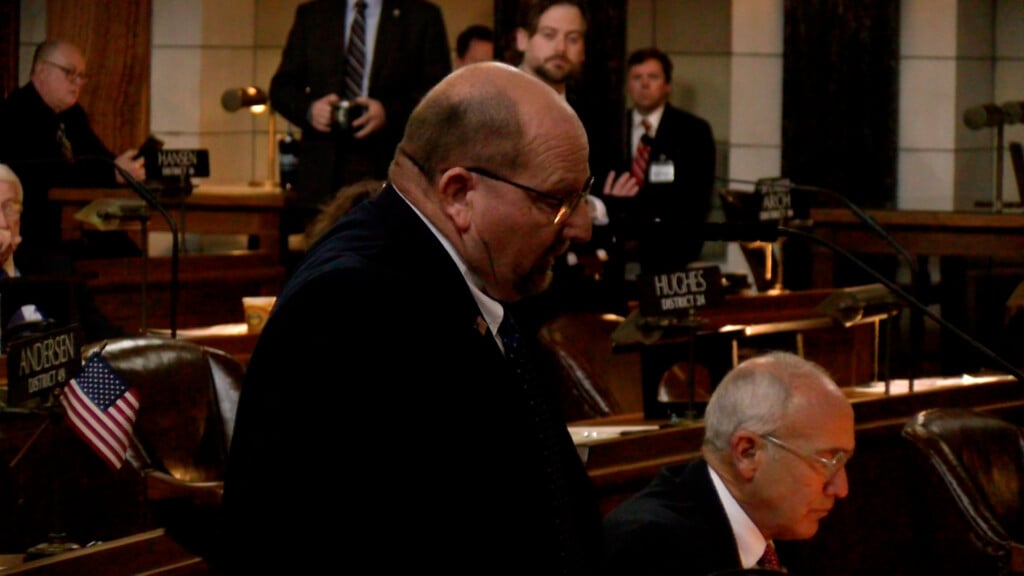Nebraska advances permanent daylight saving time bill
Supporters of doing away with the time change say it hurts your health and the economy
LINCOLN, Neb. (KLKN) – A proposal on daylight saving time introduced in the Nebraska Legislature last year finally hit the floor Monday morning.
The bill, which would put Nebraska on daylight saving time year-round, passed round 1 of debate on a 40 to 3 vote.
The sponsor, Sen. Tom Briese, is hopeful that legislators will be able to vote on it the required two more times, and get it passed this session.
If passed, at least two neighboring states would have to have similar laws, and it would need to be approved by the federal government.
“Nineteen states have passed similar legislation, including our neighboring Wyoming,” Briese said. “All other neighboring states have introduced legislation this year to adopt this.”
Besides not having to change your clocks, economists find positive reasons to stick with daylight saving time year-round.
“There is data out there that suggests that extra hour of daylight in the evenings can increase economic activity in our state,” Briese said. “It can be one of the tools we use to help grow our state.”
Having to adjust to a time change twice a year can also impact your health.
“When we wake early or don’t get enough sleep, our body released other chemicals and hormones like cortisol. Cortisol is a pro-inflamatory hormone, and it can cause a lot of other issues like, they call it the stress hormone, so increased blood pressure, increased heart rate, increased stimulation in the brain,” said Dr. Aaron Robinson, an otolaryngologist CHI Health.
The only opposition Briese received was from people concerned that kids will be going to school in the dark, but doctors say changing their sleep schedules isn’t easy, either.
“For teenagers and kids, it’s really disruptive for their sleep schedule because they lose that normal physiological cue, or they have to fight through it because it’s still light,” Robinson said.
Some people may try to prepare themselves for the time change, but those suffering from anxiety can just be handed more stress.
“Anxiety is a real problem in a lot of people, especially when they are coming up to a big change like that,” Robinson said. “So even if you prepare for springing forward, it’s still difficult to wake up the next morning because your body and your brain is not ready for it. Waking up that hour earlier is always difficult, even if you go to bed a little earlier.”
The increase in stress and lack of sleep can lead to more serious situations.
“There was a neurologist, he said that there is a higher incidence of stroke and heart attack and this kind of stuff on the day after spring daylight savings time,” Robinson said.
Briese said there was an “increased incidence of workplace accidents and car accidents” after the time change.
“And those types of things also cost us money,” he said.



